/4e5b66c8-0794-42c0-9e6a-99f35d12da75.png)
Understanding the Likert Scale: Neither Concerned nor Unconcerned
Review Rating Score
The Likert Scale is a commonly used tool in surveys and research to measure people's attitudes, opinions, and perceptions. It consists of a series of statements or questions, and respondents are asked to indicate their level of agreement or disagreement on a 5-point scale, with options ranging from strongly agree to strongly disagree. In this article, we'll discuss the Likert Scale in more detail and its applications.
Understanding the Likert Scale
The Likert Scale was developed by psychologist Rensis Likert in the 1930s as a way to measure people's attitudes towards a range of topics, such as politics, social issues, and consumer behavior. It has since become one of the most popular research techniques in the social sciences. The 5-point scale typically includes the following options:
- Strongly agree
- Agree
- Neither agree nor disagree
- Disagree
- Strongly disagree
Respondents are asked to select the option that best represents their opinion or attitude towards the statement or question being asked. The scale is based on the assumption that attitudes and opinions exist on a continuum, ranging from very concerned to not concerned at all, for example.
Applications of the Likert Scale
The Likert Scale is used in a wide range of research and survey applications, including:
- Customer satisfaction surveys: To measure how satisfied customers are with a product or service
- Employee engagement surveys: To measure how engaged employees are with their work and the organization
- Psychological research: To measure attitudes, opinions, and personality traits
- Market research: To study consumer behavior, opinions, and preferences
The Likert Scale is a versatile and easy-to-use tool that provides valuable insights into people's attitudes and opinions. However, it's important to note that the scale is not without limitations. For example, it assumes that responses are linear, which may not always be the case. Additionally, the scale may not be appropriate for certain types of research questions.
Get Your Likert Scale Template
Ready to start using the Likert Scale in your research or surveys? Download our customizable Likert Scale template in DOCX format today and get started. It's a user-friendly and effective tool that can help you gain valuable insights into people's attitudes and opinions. Visit BizzLibrary.com now to access a wide range of document templates, including surveys, questionnaires, and more.
Is the template content above helpful?
Thanks for letting us know!
Reviews
Crystal Tyler(6/28/2023) - AUS
***** Grateful!
Last modified
Our Latest Blog
- The Importance of Vehicle Inspections in Rent-to-Own Car Agreements
- Setting Up Your E-mail Marketing for Your Business: The Blueprint to Skyrocketing Engagement and Sales
- The Power of Document Templates: Enhancing Efficiency and Streamlining Workflows
- Writing a Great Resume: Tips from a Professional Resume Writer
Template Tags
Need help?
We are standing by to assist you. Please keep in mind we are not licensed attorneys and cannot address any legal related questions.
-
Chat
Online - Email
Send a message
You May Also Like
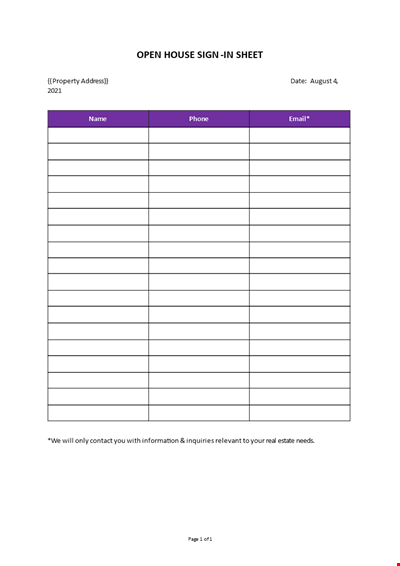
Open House Sign-in Sheet
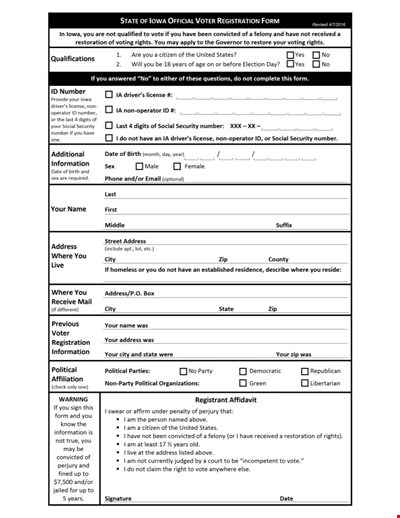
Printable Voter Registration Form
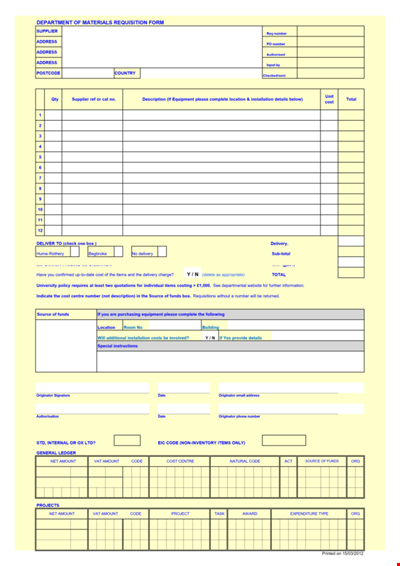
Department Material Requisition Form
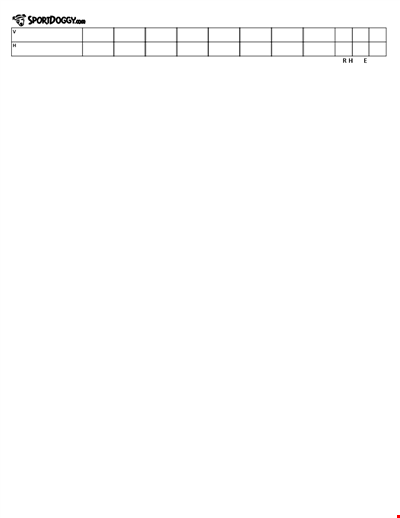
Softball Box Score Sheet Template - Track game stats efficiently
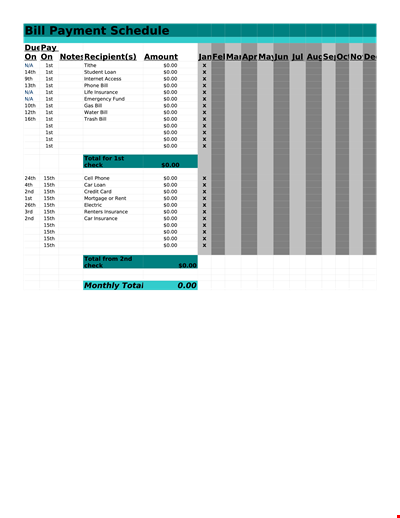
Manage Your Finances with Our Free Printable Bill Payment Schedule Template
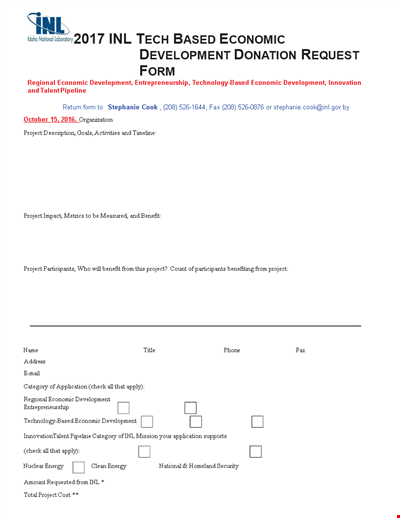
Tech-Based Economic Development Donation Request
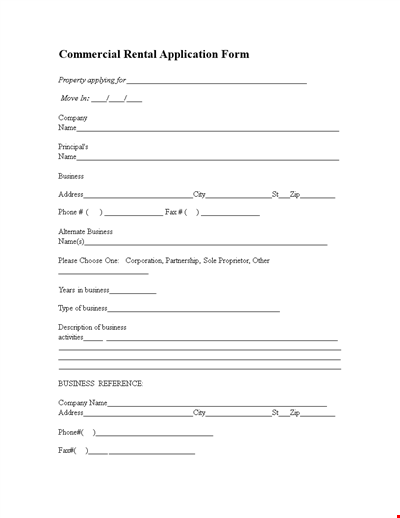
Business Commercial Lease Rental Application Form - Apply for a Lease
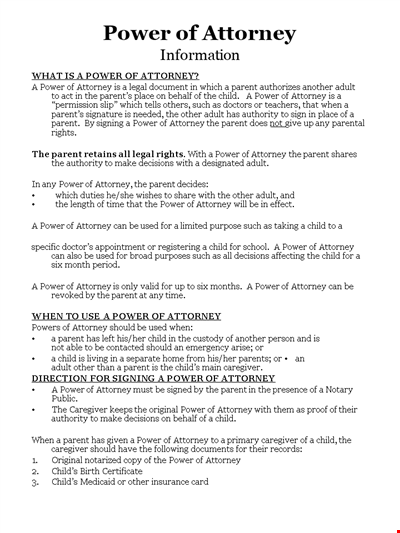
Child Medical Power of Attorney Form - Granting Parental Rights to Caregiver
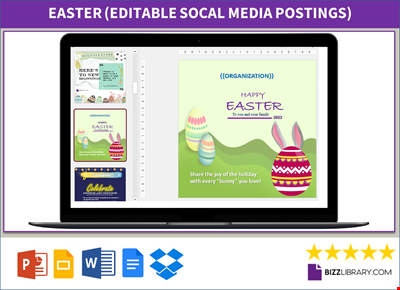
Easter Social Media Post
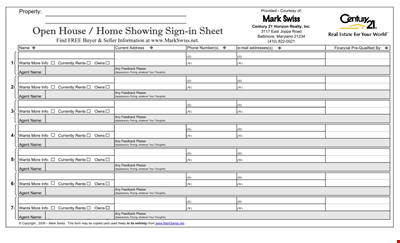
Get the Best Open House Showing Sign In Sheet Template Here
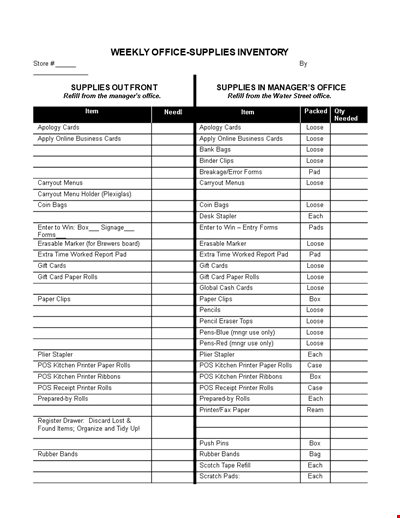
Weekly Office Supply Inventory List Example
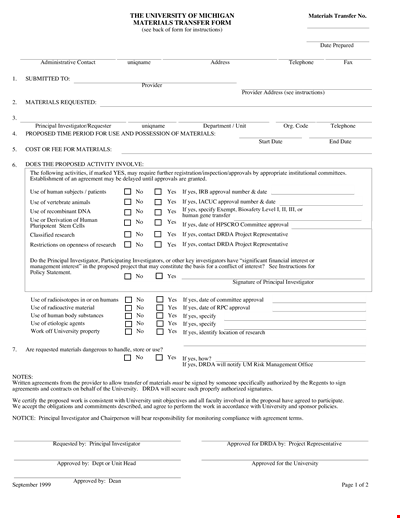
Material Transfer Form (University)
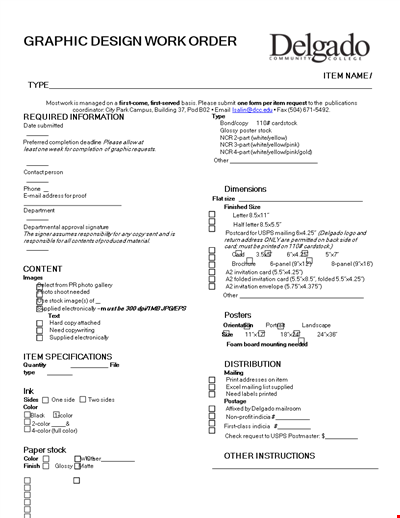
Design Work Order Form

Printable Large Oblique Graph Paper
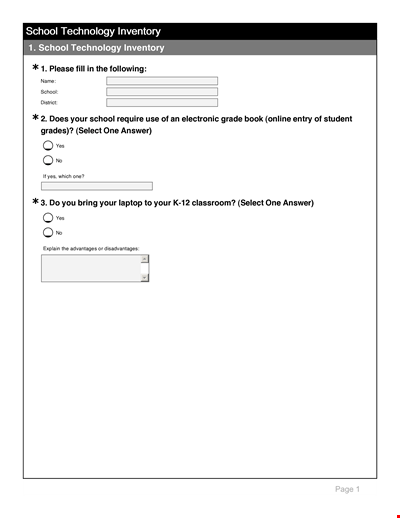
Modern School Technology: Enhancing Education through Innovative Tools and Solutions
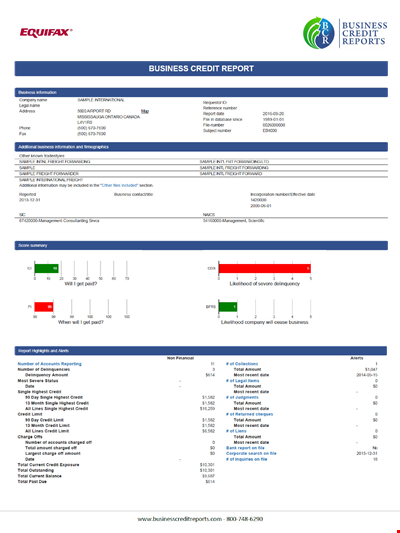
Corporate Credit Solutions for Small Businesses | Sample Template